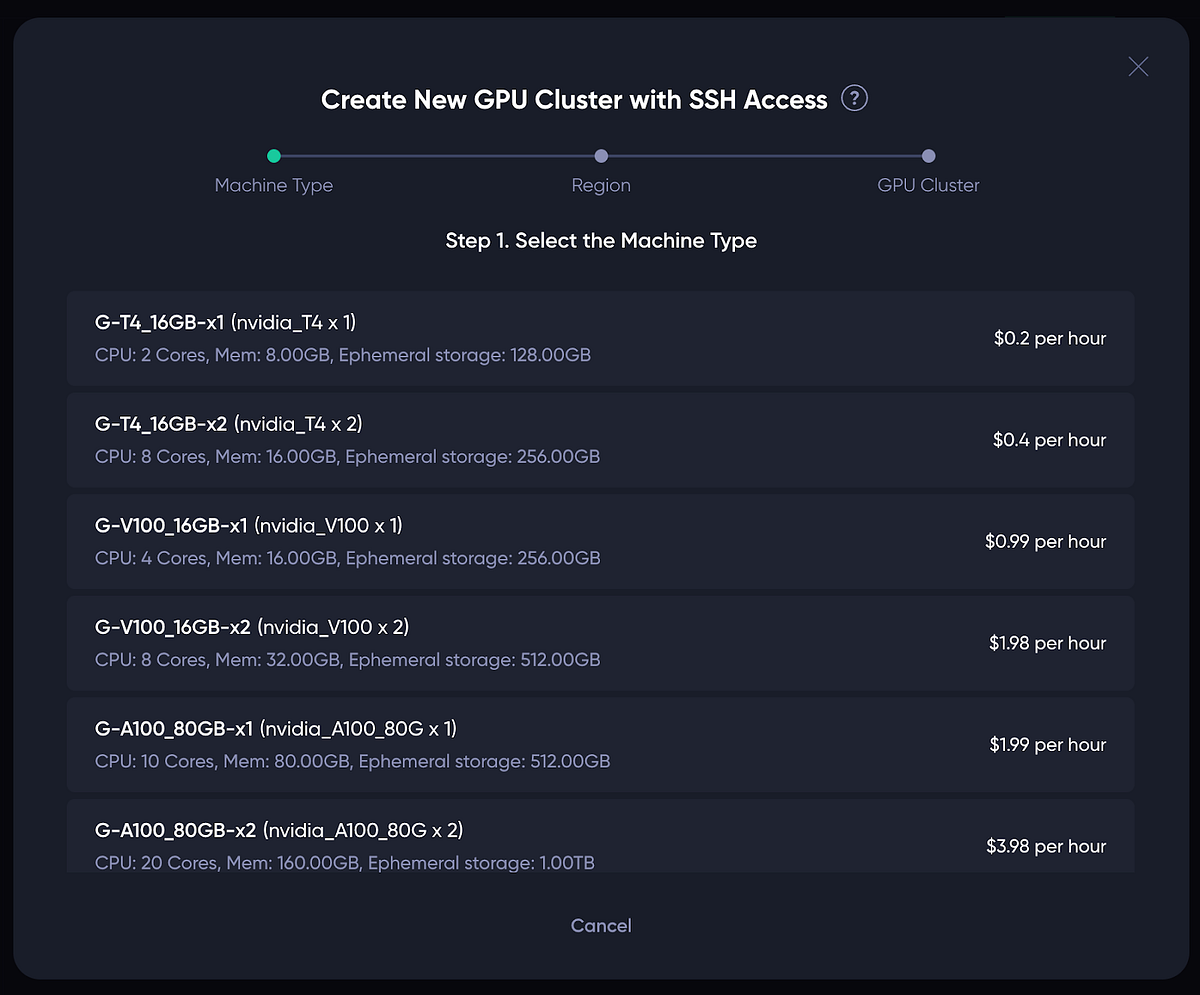Unlocking Blockchain's Potential: The Shift to SQL Smart Contracts

In the wake of the 2008 financial crisis, the flaws of the centralized monetary system became glaringly apparent, prompting the emergence of Bitcoin as a revolutionary force aimed at separating money from state control. This shift towards a decentralized financial system is underpinned by blockchain technology, which enables the creation of systems for finance, identity, and social coordination without the need for centralized intermediaries. As the demand for individual liberties grows, the limitations of first-generation smart contracts become evident, necessitating the development of more advanced systems like SQL Smart Contracts to fully realize the potential of blockchain technology.
Smart contracts, as pioneered by Ethereum, represent a significant advancement in decentralized applications, allowing for programmable logic to be executed across a network. However, current smart contracts face critical limitations in data management, particularly with index and access path dependence. These constraints hinder the ability to retrieve and manipulate data efficiently, thereby restricting the development of complex applications. The rigid structure of Ethereum’s data storage means that developers must often restructure contracts to accommodate new functionalities, leading to increased costs and reduced usability.
To overcome these challenges, platforms like Kwil are integrating relational databases into blockchain technology, enabling developers to leverage SQL’s flexibility for data manipulation. This paradigm shift allows for the creation of more sophisticated and data-intensive decentralized applications, enhancing the capabilities of blockchain beyond simple cryptocurrency transactions. By adopting a relational model, the blockchain industry can unlock new applications that were previously unfeasible, paving the way for a more decentralized and trustworthy digital landscape that aligns with the foundational principles of freedom and self-determination.
Related News





